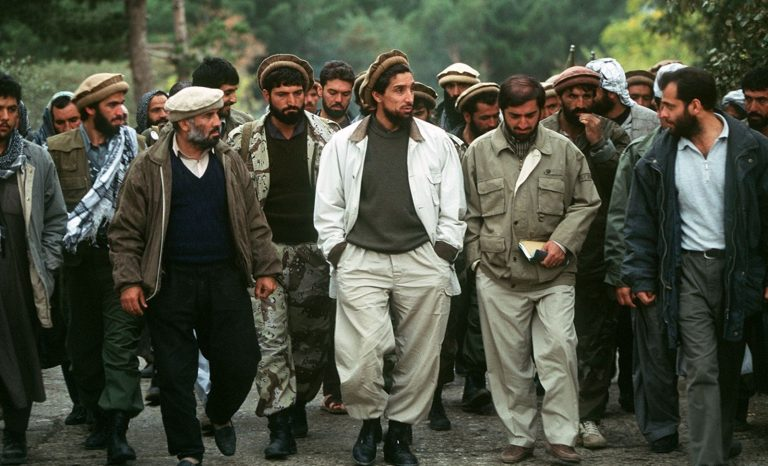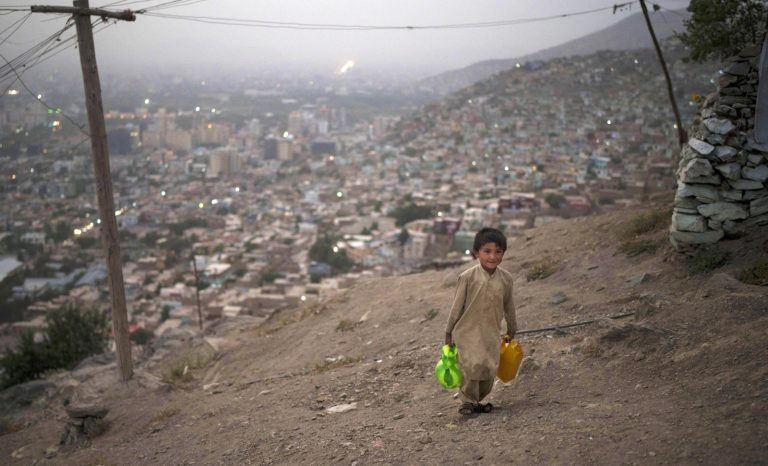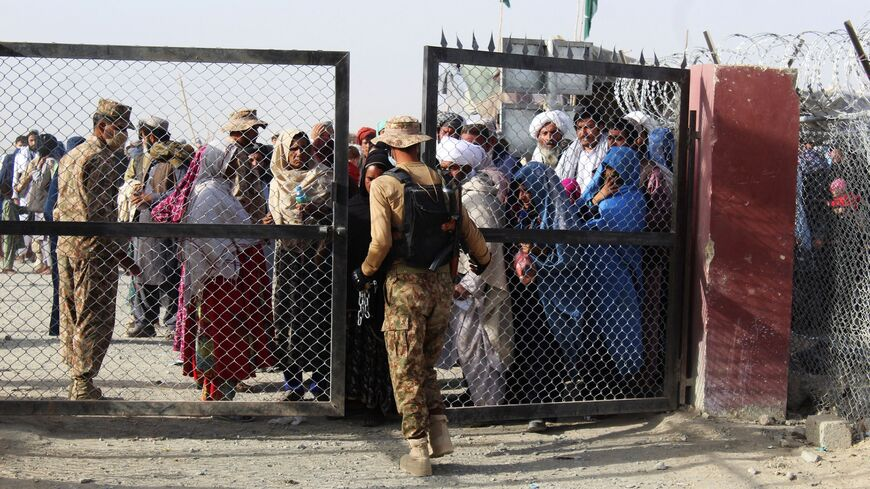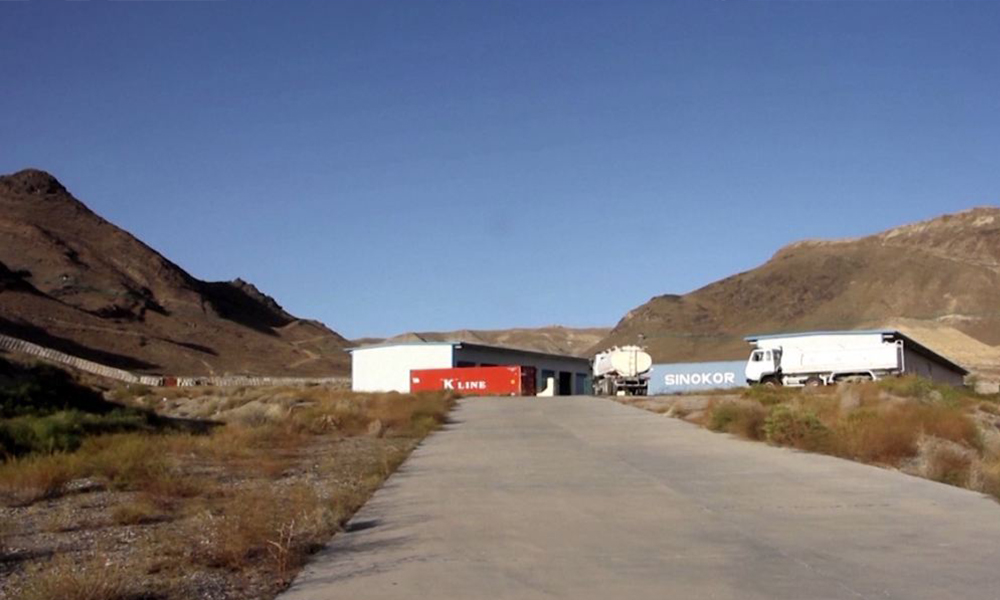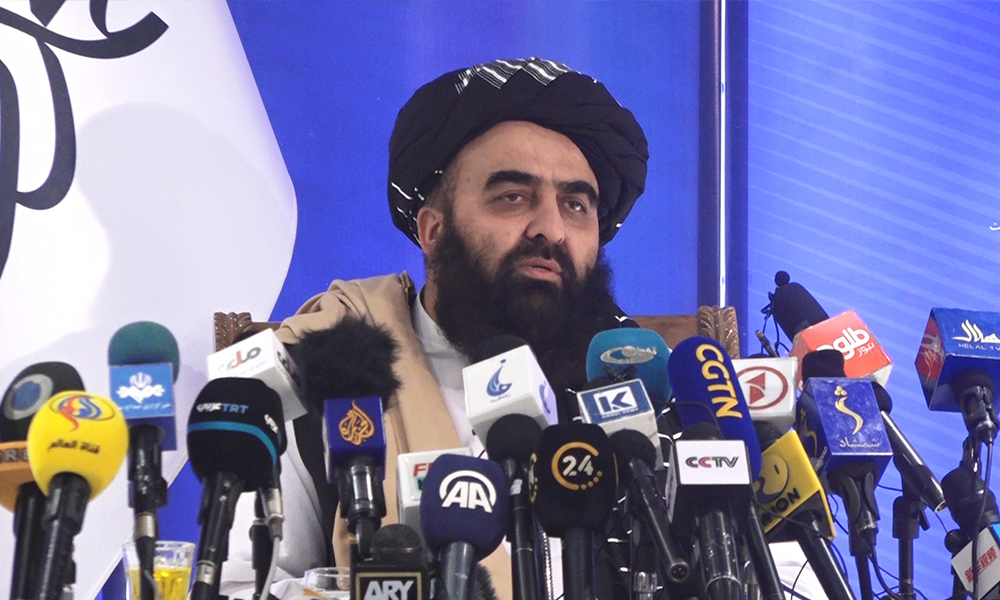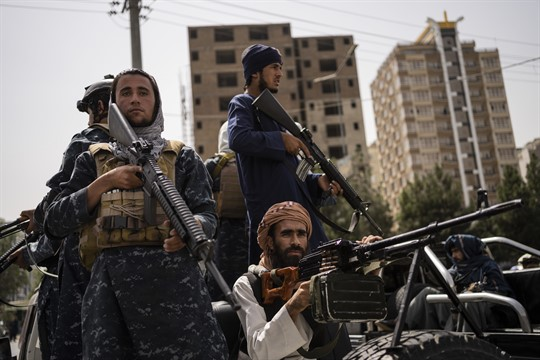Following the Taliban’s recent rise to power in Afghanistan, articles in the Arab press, especially the Saudi and Emirati press, claimed that the Taliban shares many similarities with other extremist organizations in the Arab and Muslim world, including Al-Qaeda, ISIS, the Muslim Brotherhood (MB), Hamas and Hizbullah. The articles claimed that the MB’s ideology, shaped by its ideologue Sayyid Qutb and its founder Hassan Al-Banna, which involves directing accusations of heresy against all Muslims who are not MB members, gave rise to the ideologies of other extremist Islamist organizations that emerged in later periods. This includes Al-Qaeda, whose leaders Osama Bin Laden and Ayman Al-Zawahiri were influenced by the writings of Sayyid Qutb.

